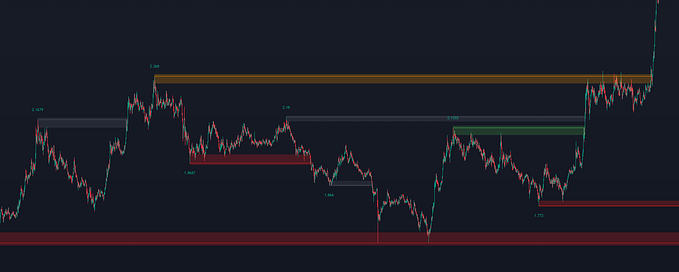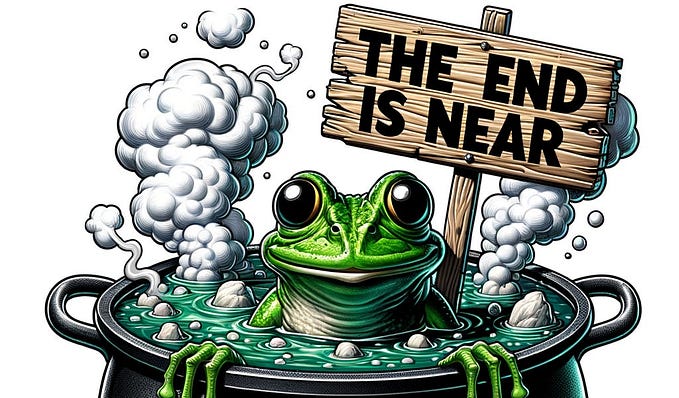Member-only story
How Different Might an Alien Intelligence Be From Us?
Understanding and communicating with otherworldly beings

If, and when, we make first contact with an intelligent alien species, we may find ourselves faced with the daunting task of trying to communicate with beings so perfectly strange in relation to ourselves that it’s nearly impossible. In a nearly infinite universe, the possibilities for life are also nearly infinite.
Life has taken many unique paths throughout the history of evolution on our own Earth. The “tree of life” is filled with branches that have grown on for millions, and even billions, of years, while others have only progressed for a few million or hundreds of thousands of years.
What forms might life take on other planets, in other solar systems across our galaxy?
Life as we know it on Earth is only one version of what life could be, and it’s inherently unique because the precise combination of elements, the qualities of our orbit, sun and moon, are unique to Earth. No other planet would be exactly the same, so what will life be like there?
Carbon-based life seems like it be the most common, as it is the fourth most common element in the universe when measured spectroscopically, at 4,600 parts per million. Ranking just above that is oxygen, at a little over 10,000 PPM. The top two elements are hydrogen and helium, the lightest, produced in the first moments after the Big Bang and making up 74% and 24% of the universe’s baryonic matter, respectively. So, given a moderately wet world that isn’t too hot or too cold, and has a protective atmosphere like Earth’s, most exobiologists agree that life would end up being carbon-based there.
The next two most common elements that are solid at room temperature are iron and silicon. Indeed, silicon can form four bonds just like carbon, but carbon is capable of more stable and varied structures, and is able to incorporate nitrogen and oxygen into complex molecules. Exobiologists believe that silicon-based life might be more possible on worlds more unlike Earth, and at higher temperatures. On our planet, there are some bacteria that are able to metabolize arsenic, which is poisonous to all other life. And the…










